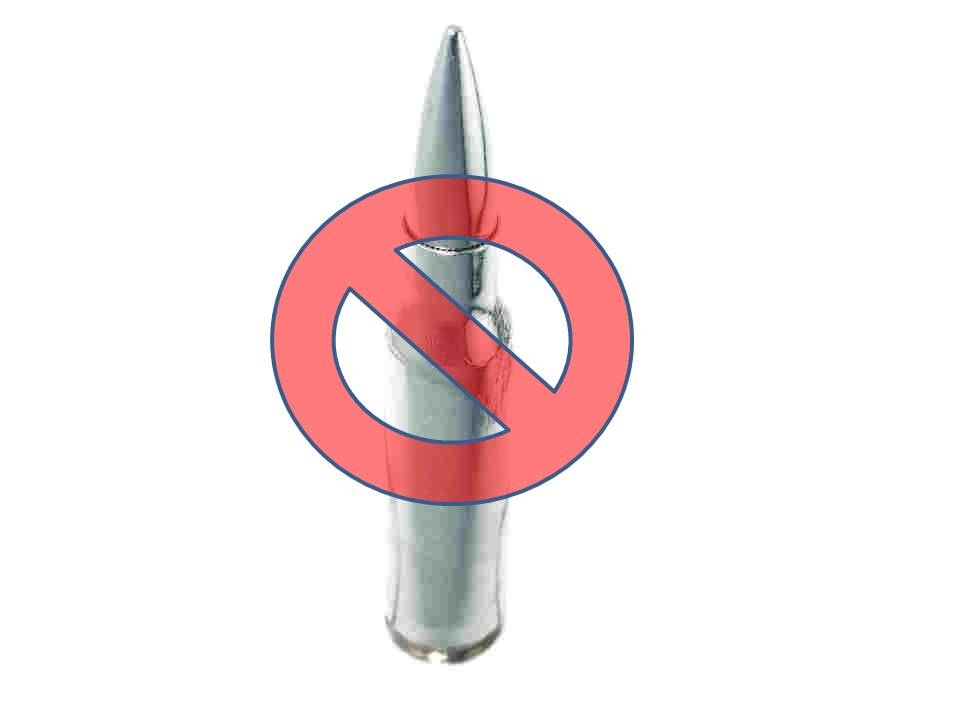Following up on the Strategy Links with….More Strategy! And a Few Comments
Friday, July 2nd, 2010Wiggins at Opposed Systems Design responds to Kenneth Payne at CI/ KoW:
….Strategy – thinking about how to achieve goals with one’s given resources (in the face of an opponent), which generally requires one to find asymmetric advantages to exploit because one’s resources are finite – is a distinct activity from managing military operations or storming a building. National security strategy requires a familiarity with the nature of military operations and power, but it is not a simple extrapolation from these activities. It is a distinct skill (perhaps, as Watts argues, at least partially an innate skill that can be developed but not completely taught) and the way the U.S. military is currently structured, civilians may be better positioned to cultivate strategic expertise. To go back to Biddle’s example. He compared his career trajectory to that of a military officer. If he’d been a career officer, Biddle was about the age of an O-6, meaning that he’d have – at best – spent a few years in graduate school and perhaps a tour teaching at a service academy. Let’s say roughly six years where one’s primary task was to think, write and read about the elements of strategy. Much of his time would have been spent in managing increasingly large groupings of military force. Biddle, on the other hand, had spent the entirety of his career studying these dynamics.
I find myself largely in agreement with the salient points of my Wohlstetterian amigo, Wiggins. Or, as Herman Kahn once said ” How many nuclear wars have YOU fought, general?”
I am not knocking military expertise with that quote. Civilian appointees, politicians, newspaper editors, political activists or bloggers who have never heard a shot fired in anger have no business telling active duty military personnel which tactical response they should make in the heat of battle or much of the day to day, nuts and bolts, operational business of planning or running a military campaign. That’s why we have military professionals, unlike civilians, they know what the hell they are doing.
Strategy, in the sense of national objectives is quite another matter.
Military expertise, like all forms of expertise, is by definition, narrowly focused. Military people, from the most part, look at strategy from the perspective of how well a proposed strategy fits with the military’s capabilities and operational/doctrinal/cultural preferences and as they move further away from things military into other aspects of the DIME spectrum, their knowledge becomes less certain, their awareness of geopolitical opportunities and costs more vague or prone to error. I find this to be the case especially with economic implications, which are a crucial component of national power. Strategy is not supposed to be about what the institutional military likes or understands best, but it is difficult for such a systemic bias not to creep in if a nation leaves its formulation of strategy exclusively to dudes in uniform with stars on their shoulders. Nor is that how a democratic system is supposed to work when existential questions are being entertained.
Strategy, unlike expertise, is broad . It applies to more forms of conflict and competition than war alone and requires an ability to connect a panoramic vision with the drill-down focus of application. More than likely, on average, the best strategists will have some expertise in more than just one narrow field and will know a fair amount about many things and have spent a long time thinking matters through from all angles prior to acting. As a consequence, they will be able to shift cognitive perspectives more easily, a fundamental characteristic of strategic thinking.
The costs of a poorly conceived strategy are likewise broad. If tactics are bad, the soldiers on the batlefield will pay the price; if the strategy is bad, we all may pay the price.





